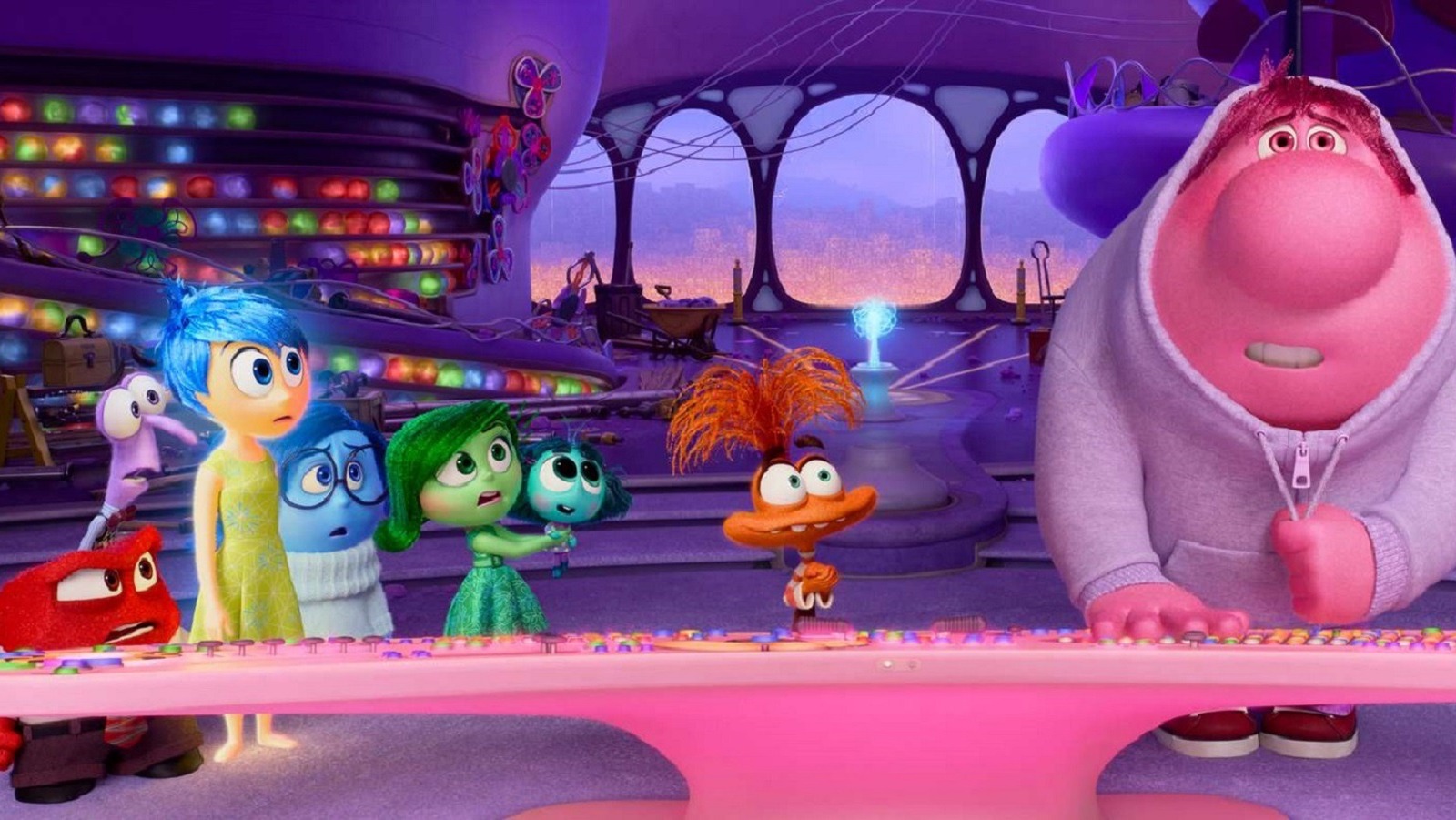
You’ll be able to take a look at Pleasure in each “Inside Out” and “Inside Out 2” and see the motherly aspect of Pixar popping out. The place movies similar to “Discovering Nemo” and even “Monsters, Inc.” are basically about fathers (or father figures) coming to phrases with their kids rising up and transferring past them, the “Inside Out” movies are extra targeted on the feminine psyche. Although the 5 feelings inside the top of younger Riley embrace male voices (Lewis Black because the fiery Anger, and the shaky Concern being voiced within the first movie by Invoice Hader and now by Tony Hale), Riley herself is guided by Pleasure (Amy Poehler), in addition to Disappointment (Phyllis Smith) and now new feelings like Anxiousness (Maya Hawke).
What makes Pleasure so lovable is much less her innate and effervescent positivity, and extra about how she handles distressing moments. Close to the tip of “Inside Out,” earlier than Pleasure returns to Riley’s Headquarters, she presumes she’s caught within the Reminiscence Dump endlessly and has an emotional breakdown introduced brilliantly to life each by Poehler and the filmmakers, holding on an extended close-up of Pleasure for 30 seconds (which appears like an eternity in fast-paced mainstream animation).
[Note: Very light spoilers for “Inside Out 2” ahead.]
And in “Inside Out 2,” Pleasure and her fellow feelings are forged out by Anxiousness within the identify of serving to Riley change into her higher self, and Pleasure has to confess that her consistently upbeat nature generally is a drain on others and herself. That Pleasure is so open about her flaws in such darkish moments solely makes her extra relatable and successful.